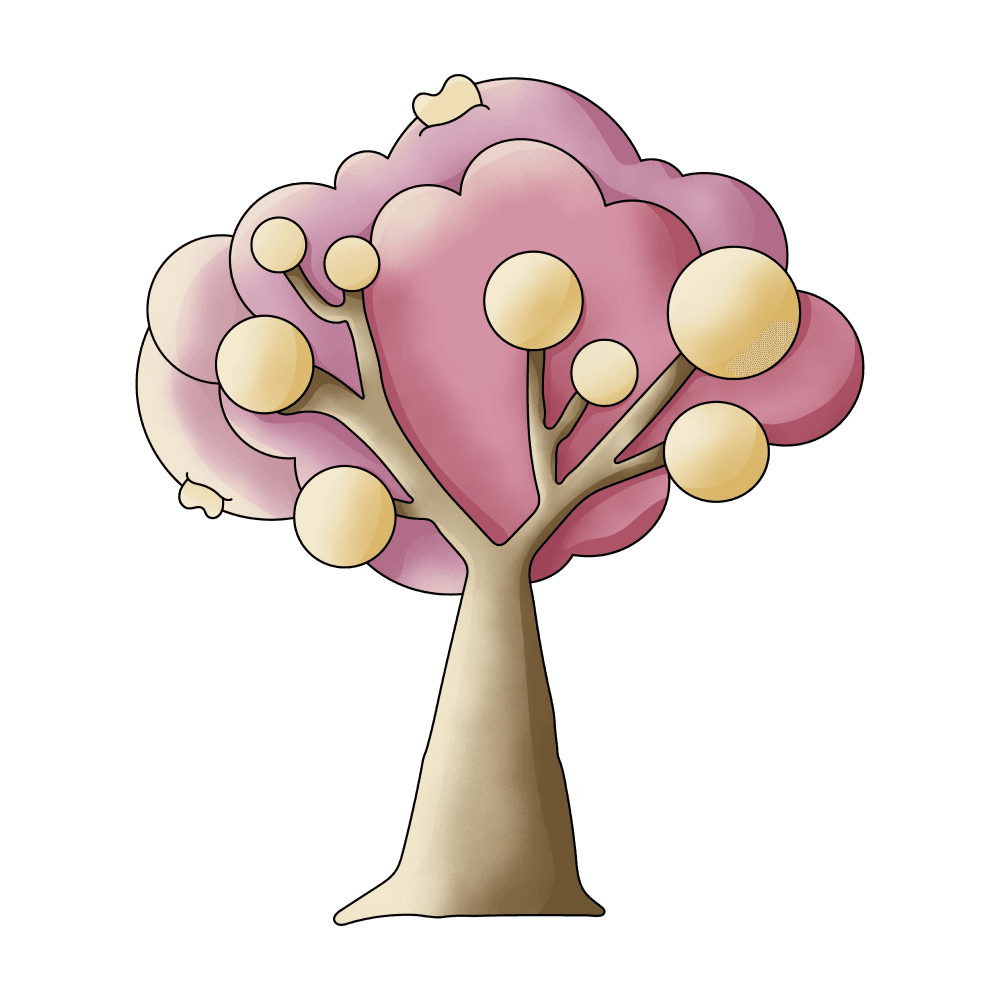Dream Of Seeing Spirits And Shamans
Dream interpretation about Demon possession, Violence and death, Ghosts, Spirit, School, Darkness, Family, Child

This dream was about
I was a child who saw spirits. This took place in what I thought was feudal japan but may have been China, but it was coming to the new age. I was born to be a priestess, haunted by a mistreated shamaness who called to me to use my power and destroy the lives that took hers unjustly. Similar to a witch. I was an orphan placed in a household with no children. I can’t remember what happened to my parents. They would prepare me to be a woman and marry me off. They were a humble, hardworking family. It began with visions of who I thought were my siblings, I would chase after the baby sister who was being kidnapped. My adopted parents would be upset with me and told me to stop talking to voices any time I mentioned it. Now a teenager, I was uncomfortable in women’s clothing, so I dressed in men’s to move around freely and not be perceived as a woman. I was also scolded for that. I was sent to school, which required me to walk for 20-30 minutes, maybe even close to an hour. Back and forth. The teacher and students told me I shouldn’t walk so long for a woman and arrange transportation but I insisted I didn’t mind and it was unnecessary. Someone who needs that transportation can use it. I would often tell haunting stories, using a flashlight (which didn’t exist back then so maybe candlelight), underneath my face to capture sharp, scary angles. Or even share the visions I saw. The class would be amused and a boy claimed his liking to me very proudly and vocally. I was conflicted, as I was flattered by him liking what seemed to be an outcast but also not reciprocating his feelings, since I didn’t want to be viewed as a romantic object. Which the teacher would also scold me if I came to class in male clothing or sharing stories my parents didn’t want me to share. Every student had a bead, most of them were blue and pink, divided by the genders. Mine was red, maybe with some green in it. And I was so proud of it. These beads were like our family jewels that hung from our clothing to show off our beauty or status. The boy would always sit by me and took great interest in my stories, motivating me to tell him more. I think that was what conflicted me about how I felt, he accepted me for who I was. The people who dropped me off at the family to be raised were paranormal investigators, and stopped me from going home one evening. They picked me up and took me to a haunted location and inquired my skills. I told them the spirits and translated for them, some spoke Chinese and some spoke English. One even spoke German. They were shocked by how advanced my natural abilities were with no training, but not shocked that I had them. They took me to a catacomb of funeral baskets and memorials there, where I showed a spirit a golden mirror, though there was no glass. It was just a golden round decorative object where it could see its reflection. And there it could go through its memories and see their living relatives. It was so greedy over the object it wouldn’t give any of the others a turn and I had to hold it up for hours. Eventually I left, because I came to the conclusion I would die there holding it up because it would never stop going on and on. I left the spirits to fight among themselves who got to use it next. The ghost hunters knew of that trick and just wanted to see how much I knew, and said yeah, that’s why they never show them the object. Now they took me to their home where they fully confirmed I am well into my abilities, to find their child. I was uncomfortable but I wanted to help and translated the baby’s coding on their device. Flash. Light. Four. See me. The mother grabbed the camera and began taking pictures, on the fourth picture, an image developed and they saw their infant crawling up the wall. I didn’t pry or investigate how their baby passed, but respected the privacy. They were so overcome with emotion and thankful I helped them see their deceased child. But then the wife began taking more pictures and the husband and I tried to stop her because she may scare off the spirit or irritate the other spirits. And that is when I saw my first vision of the dead woman who stalked me in the window. White skin, long shadow hair, and uncomfortable dark lips she grinned at me with. It seemed like she was calling out to me. Knowing now this technology they had, since I helped them, I wanted them to help me help my family understand I’m not ordinary. We went back home and I did the camera method on the home to show my parents their children. They were overcome with grief, over the loss of their two children. A young boy and a female toddler. They were taken from them. One day, someone abducted the girl and the boy who was left to watch over her chased after their sister. Neither was to ever be seen again. While you could hold onto the hope they may be alive, if I was seeing them, that meant they had passed. Which is why they took me in, wanting to both help me and raise the daughter they didn’t have anymore. Even though I clearly had special abilities, they wanted to live as mundane as they could. That is when we went to the palace, to leave it up to the king to decide if I can have permission to become a holy priestess or be married off when I am of age. That is when I saw my first demon, a long black shadow all snake like that hung over the king with a white face and terror eating grin. The king declared he would wed me, to prevent my priesthood. Which the guards knew he would more likely kill me, as he had been hunting down priestess and shamans, ordering their death. The demon, no one could hear, threatened to sexually assault me and make me suffer, that I would not expel him. I wasn’t intimidated by him, but more so the fact I wouldn’t be “in tact”, had the king got his hands on me, which may affect my divine abilities. I wanted to stay pure. That is when I took action and recited, dancing and chanting to call upon the gods, using my mysterious colored family jewel that was my blood family, and a fan. The previous kings that ruled over this court came down and saw the current king being controlled by a demon. They called upon a god to smite the demon so that I may cleanse the area and layer the court with protections. The god did so, and I performed the cleansings, but during this time the god was so entranced by me and did not return to the heaven realm. He saw I was the reincarnation of his love, who he had lost due to her pursuit and devotion for holiness and priesthood. He had never seen her again. No one could see the kings or god, but the kings disappeared and the god remained, but out of the way so he could further inspect me. The current king bowed to me which led to the whole court and my family bowing to me. The king gifted me a shrine close to his home which meant a great deal of protection, and it would be the most notorious shrine of the land, as I acted with great courage and nobility, and saved the king thus saving the country and his bloodline. The god was scared history would repeat himself and didn’t want to miss this opportunity to have his love again. Once I was at the shrine, layering it with protections, charms, candles, the god seized the opportunity of possessing the boy who admired me. He locked himself in the shrine and raped me, and due to my conflicting feelings for him, my protections weakened and the evil spirit of a woman broke through, immediately possessing me. I could see not just through my eyes, but dug deep past the shadows of her memories. She also used to be a shamaness who would perform rituals and exorcisms, but she was beaten, tortured, and executed. Maybe she was even the shamaness that the god fell in love with or maybe one that his love failed to save. I didn’t have the opportunity to discuss anything with him, as we never held a conversation before he made the sinful, lustful, selfish choice he did. I was trapped inside a body I no longer could control, plagued by darkness and this woman’s anguish. As far as I could tell, she used to be a good person, unless she did some unholy things that led her down this path. I couldn’t investigate further before my dream ended.

Dream date:
15 Oct 2024
AI-generated Dream Radar
AI-generated Dream Analysis
Summary:
Emotional tone:
Frequency:
Intensity:
Realism:
Vividness:
Coherence:
AI-generated Dream Details
AI-generated Dream Review
The content above was generated by AI, under the supervision of experts in dream interpretation. The AI model was developed using the latest advancements in psychology and dream analysis.
What do you think about this dream?
Latest comments
Participate in insightful discussions, track other dreamers, and view their responses.
Popular discussions
DreamApp is a dream interpretation app that knows what your dream means.
We explain why you have seen this dream and use it to identify what is blocking your mental health and happiness.

TOP50
TOP50
Health & Fitness Apps, USA


1.6M
1.6M
Downloads


2.5M
2.5M
Dreams Analyzed

Try now


Dream App
Free dream interpretations

(1,213)













